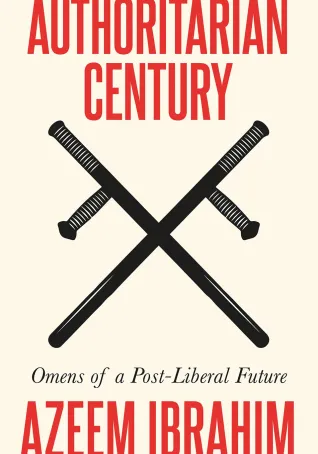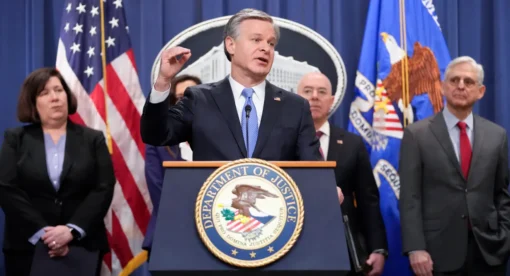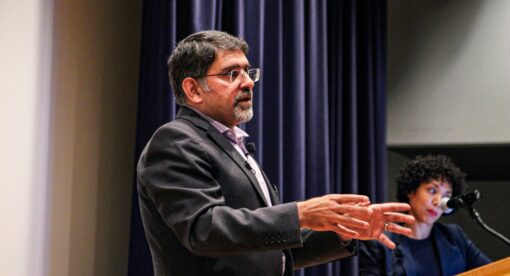Ibrahim argues that the ongoing authoritarian and populist backlash to liberalism is rooted in the fragile core of the liberal project itself. From its Enlightenment beginnings onward, liberalism’s guiding belief has been that human beings have equal and inherent moral worth; the grand task of liberalism is to bring more fully into existence a society in which people are treated with dignity and are free to pursue their own well-being. A liberal society is ultimately a “work in progress,” but its legitimacy rests on its continuous movement toward the ideals of openness and pluralism. The problem, Ibrahim claims, is that this model is always threatened by reactionary forces that do not want to live in an open, multicultural society and by critics who doubt that liberalism can guarantee sufficient progress. The failings of liberal democracy—including the corruption of elites, inequality, and economic stagnation—have led to a loss of faith in public institutions and a dangerous creeping rejection of the entire model of liberal society. Ibrahim does not offer a silver bullet; he acknowledges liberalism’s failings, looks for ways to reform and strengthen laws and democratic processes, and insists that only liberal values have the capacity to guide the world to a better future.
Read the review in Foreign Affairs.












